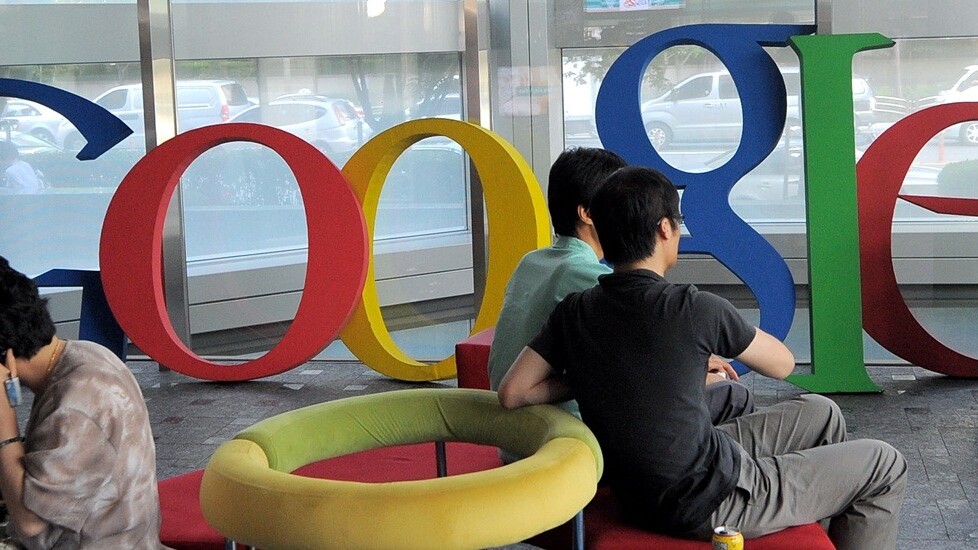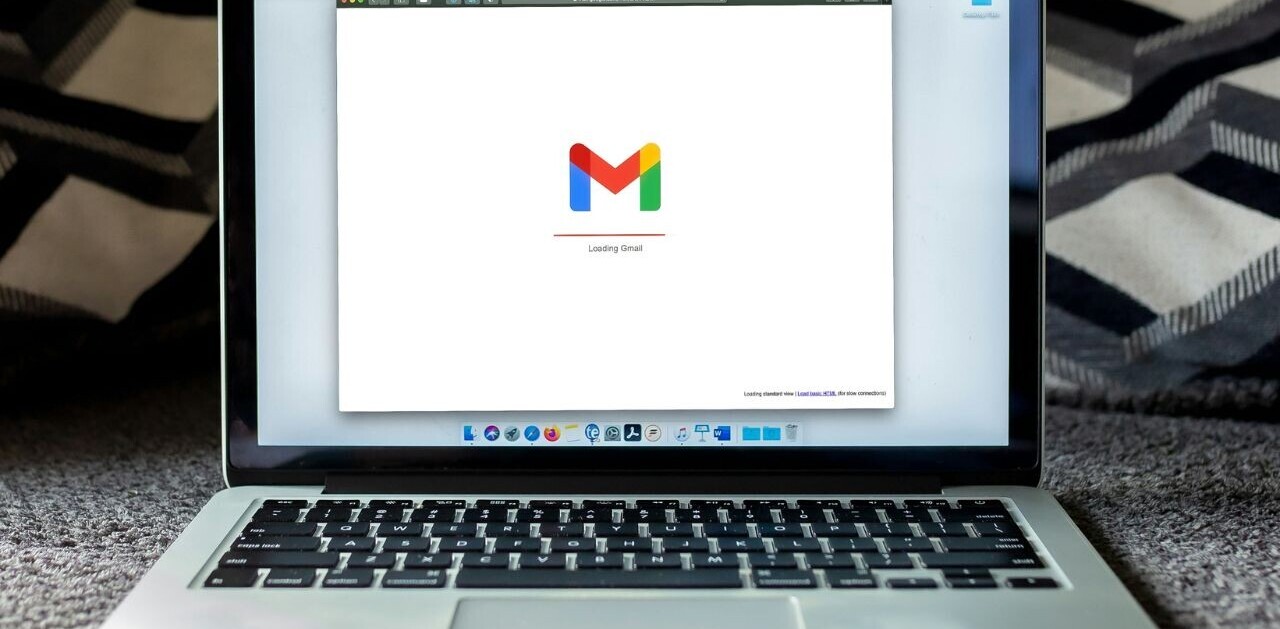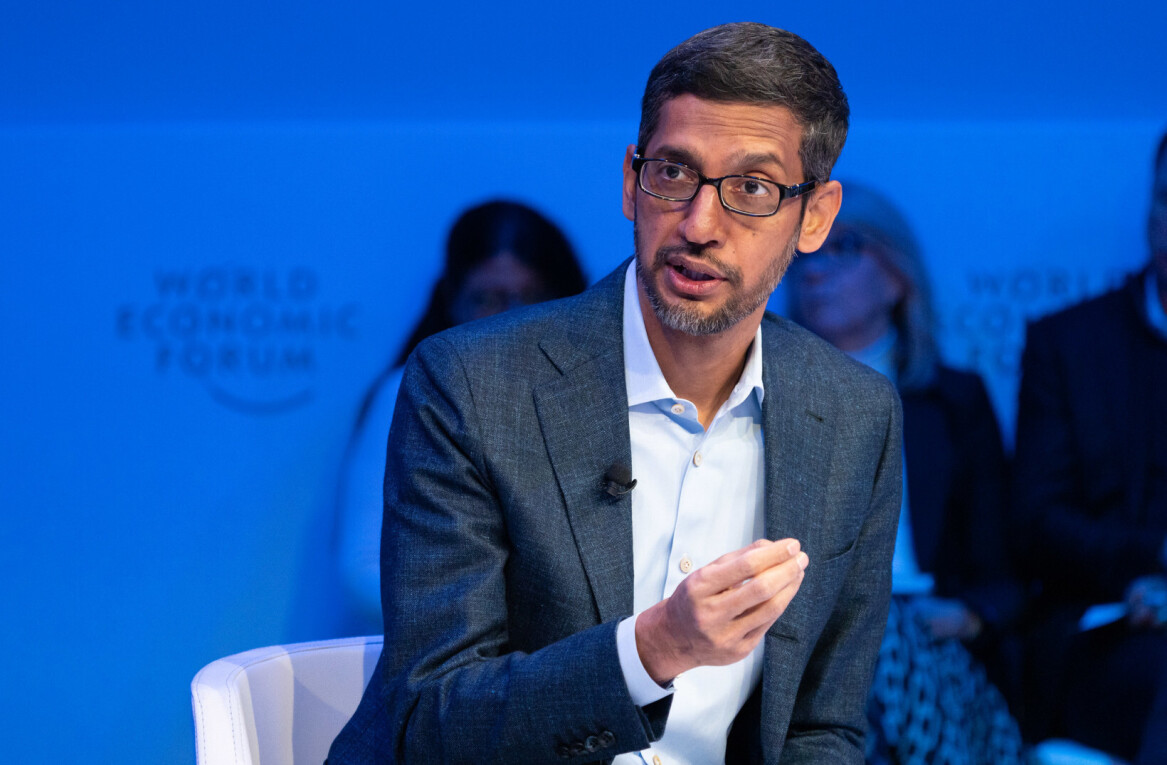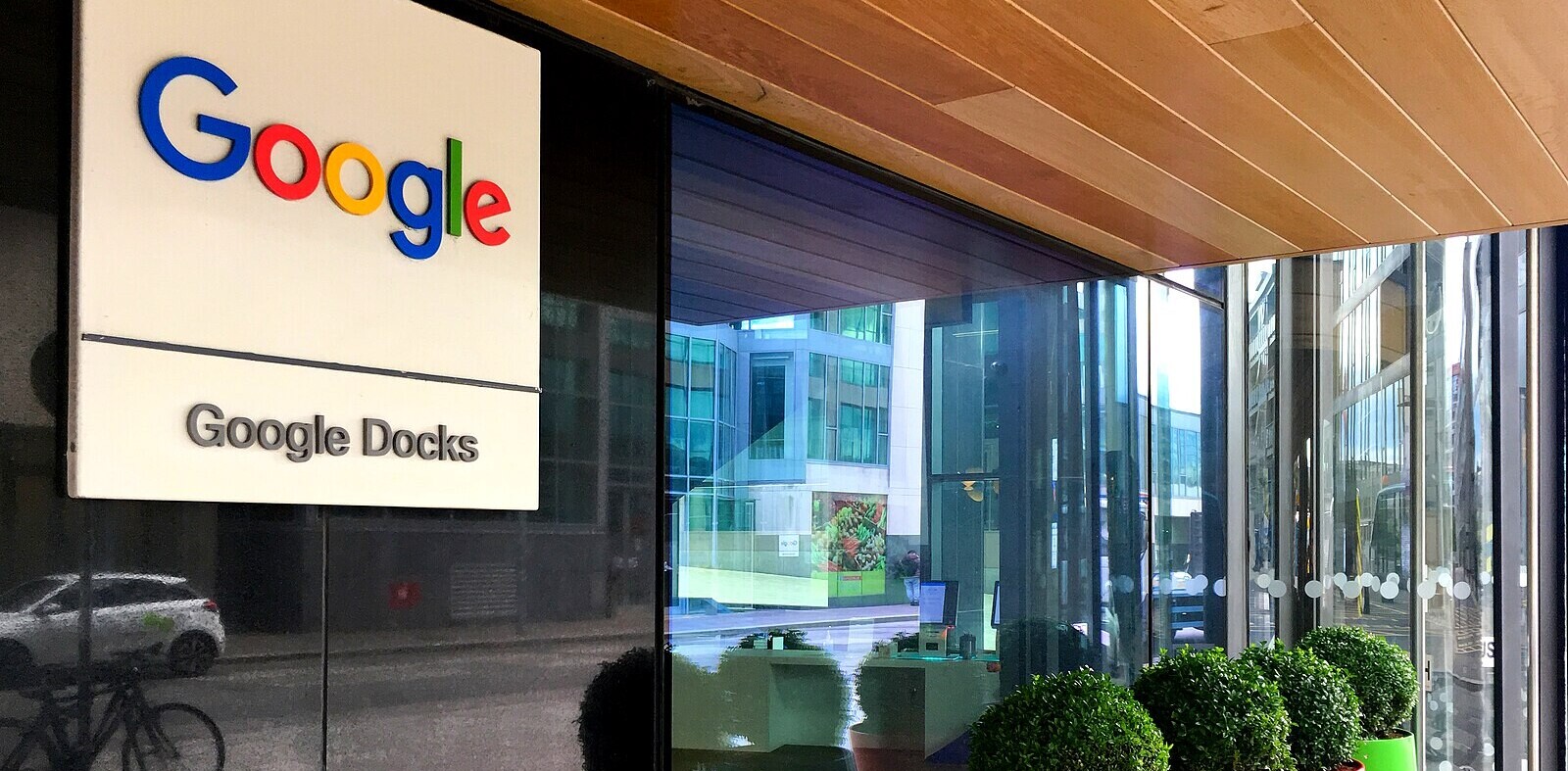
Reports in Korea claim that the country’s FTC watchdog is close to finalizing its two-year-long anti-trust investigation into Google, which could see charges against the search giant dropped.
Back in April 2011, domestic search rivals Naver and Daum accused Google of being anti-competitive. The two firms claimed the US Web giant forces Android phone makers to pre-load its search engine on devices, giving it an unfair advantage. The claim is particularly notable since Android dominates the country’s smartphone market — StatCounter estimates that it has a 90 percent share.
Now, the Yonhap News Agency says the watchdog organization is in the final stages of the probe and is “considering dropping the charges”.
The news organization cites an industry source as saying: “We were informed that the FTC temporarily decided to drop the charges against Google though the whole process has yet to be finalized.”
It is being suggested that Korean regulators are looking at other anti-trust cases against Google from across the world as they look to wrap up the investigation.
Just last month, Fairsearch Europe lodged a similar complaint to the European Union, claiming that Google uses the Android mobile operating system “as a deceptive way to build advantages for key Google apps in 70 percent of the smartphones shipped today”. The group claims Google’s involvement in Android gives its apps — for services like Google Maps, Search, Gmail, etc — an unfair advantage over competing services.
The group also filed formal objections with ICANN over Google’s applications for “.search,” “.map” and “.fly”, and representatives told TNW that it expects to see an outcome within five months. On the basis of today’s report from Korea, the Korean FTC will be making its announcement before then, so it will be interested to see what — if anything — it takes from this European case.
While the frustration of rivals like Naver and Daum is understandable, the fact remains that Google has poured considerable funds into Android, although it has always claimed that the operating system is ‘open’ to the industry and not a vehicle for its services.
Google escaped without legal repercussions when it stepped in to prevent Acer from launching a smartphone that featured a modified version of Android in China last year.
Alibaba, the Chinese e-commerce giant that created the Aliyun ‘fork’ used for the handset, claimed Google’s decision was based on self-interest. Then Android head Andy Rubin claimed Aliyun as an incomplete version of Android and, therefore, that by launching it, Acer would forfeit its membership of the Open Handset Alliance (of Android partners), since forked devices are outlawed among members.
The FTC decision in Korea will be another interesting test of Google’s position as a search market leader and proponent of the Android operating system.
Headline image via Park Ji-Hwan/Getty
Get the TNW newsletter
Get the most important tech news in your inbox each week.




